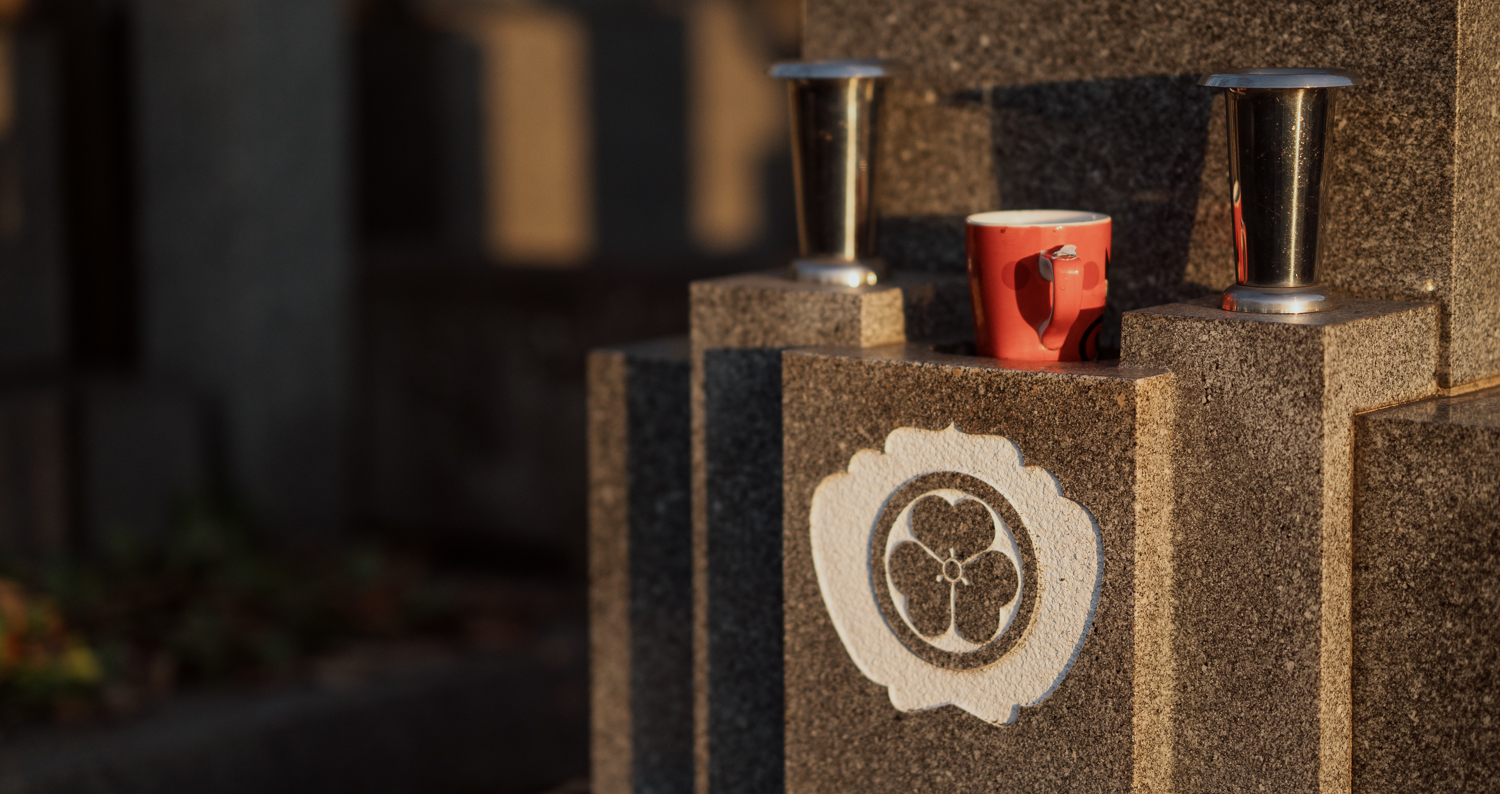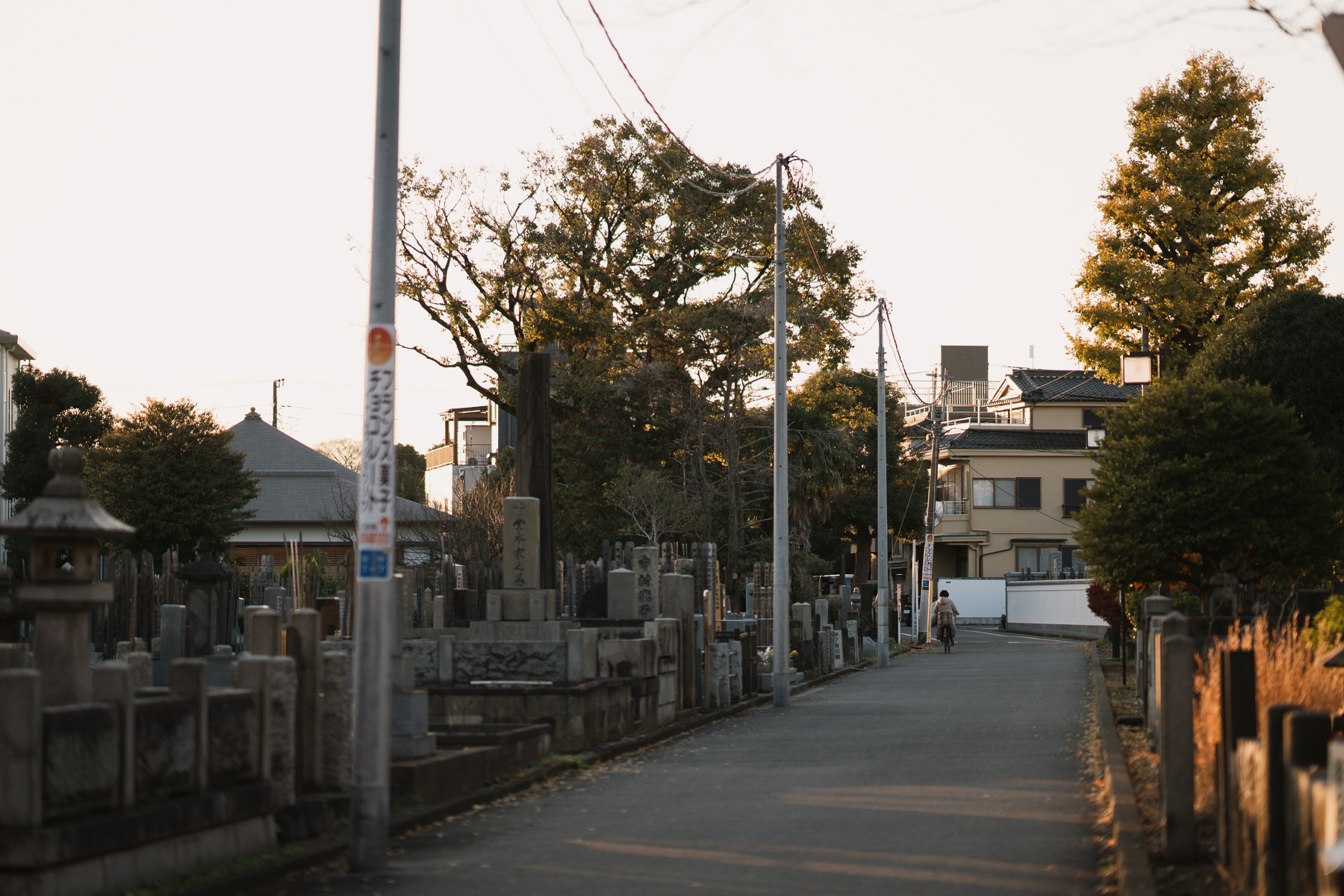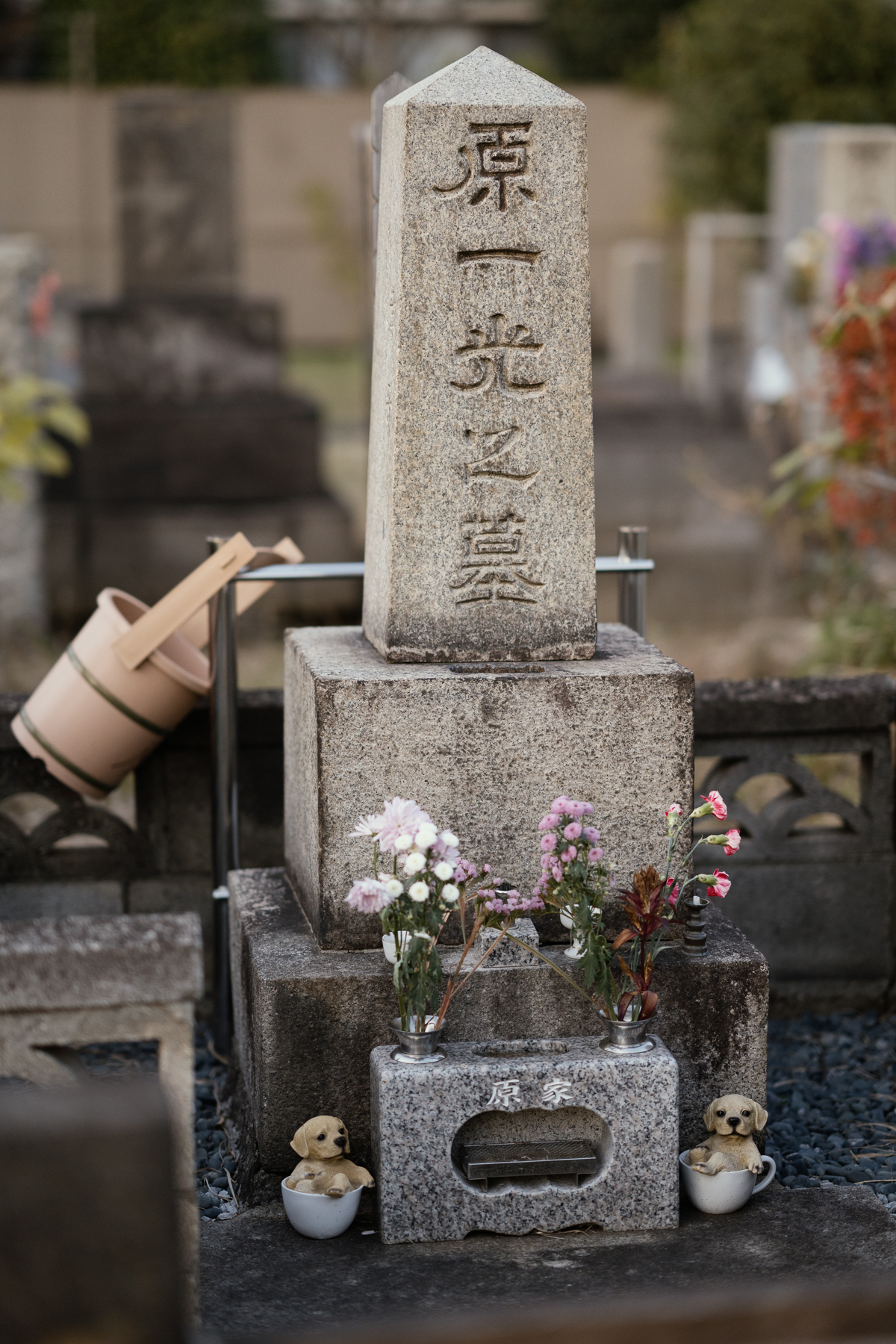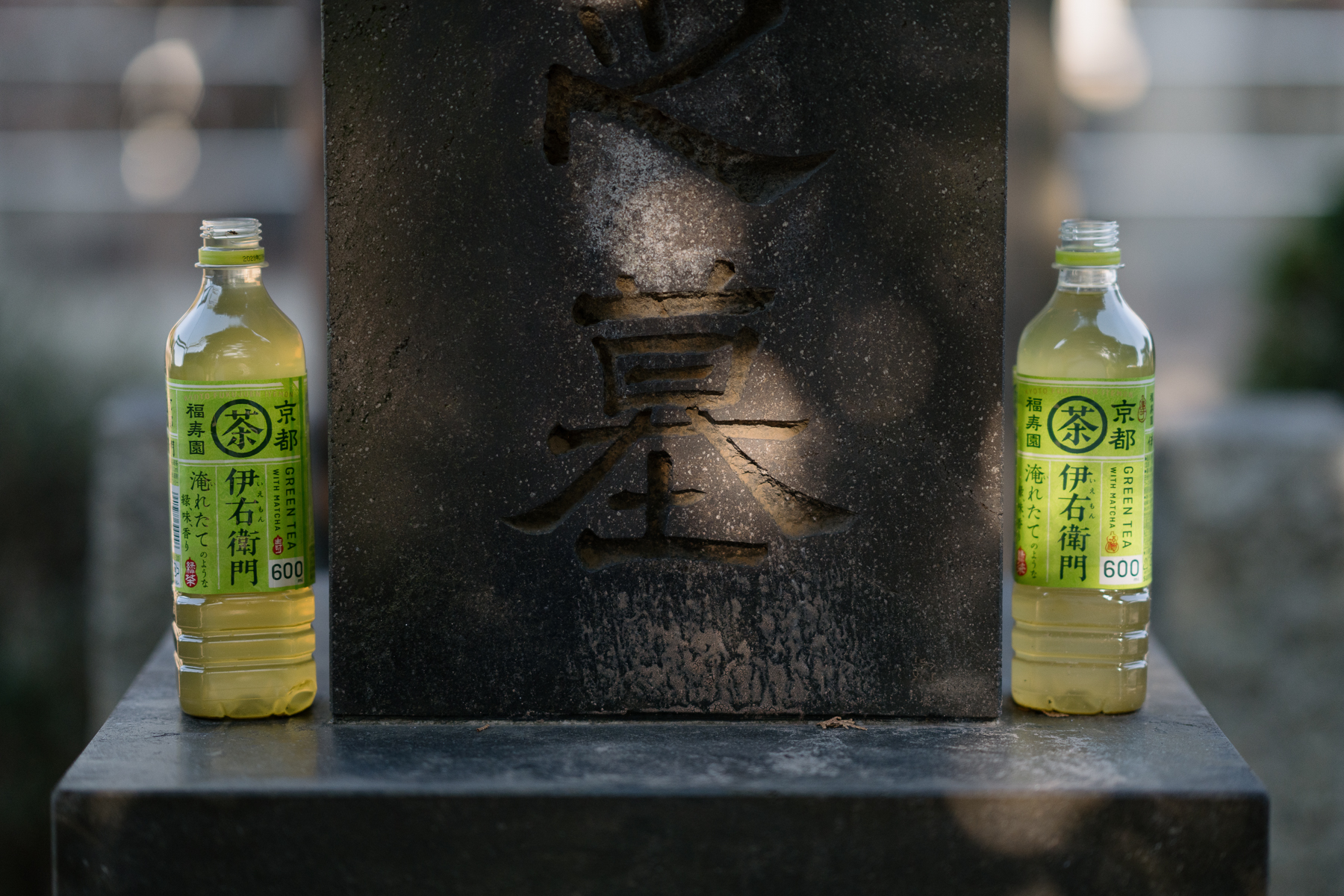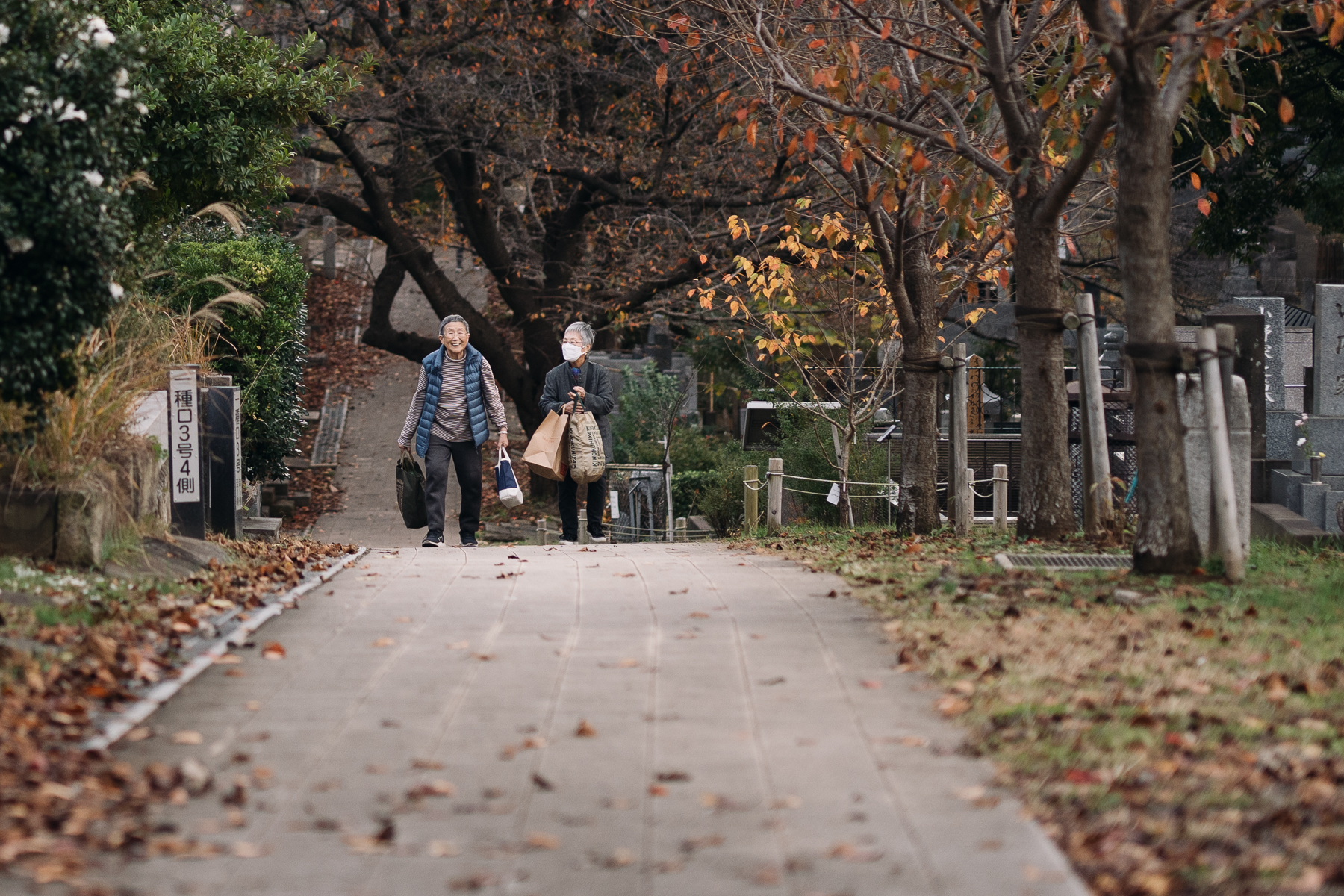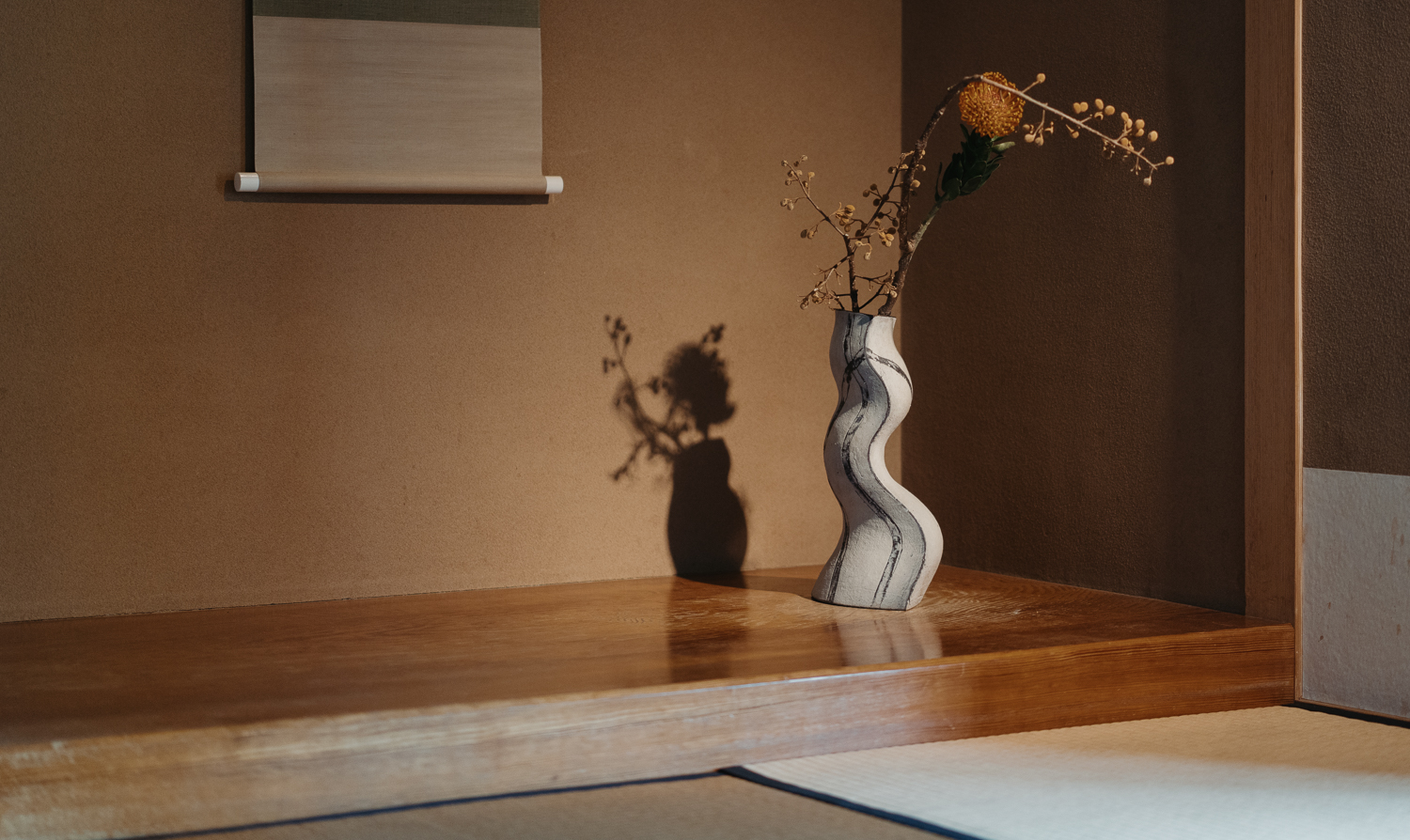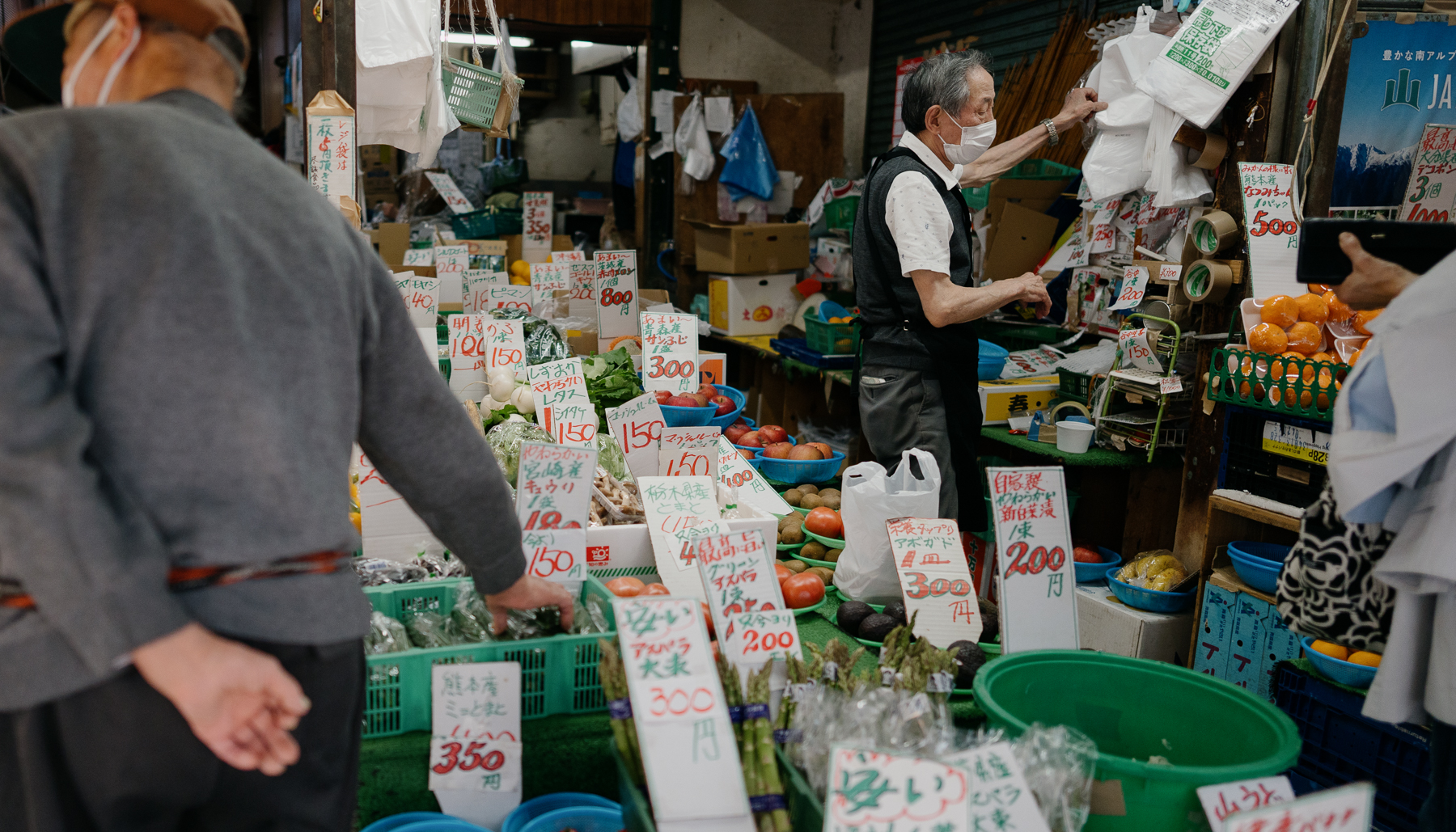Mrs. Sato knelt in front of the butsudan, the Buddhist altar in her home. She lit incense, struck a bell, and prayed for her family. Then she turned toward her deceased mother’s photo to tell her about the grandchildren. Family altars have traditionally been the center of religious ritual within Japanese homes.
Japanese people’s relationship to their ancestors is complex and varied. Many want to express gratitude and respect, or commune with loved ones. They ask their ancestors for help, or pray for their ancestors’ souls. The relationship is usually understood to be reciprocal: the living take care of the dead and the dead take care of the living.
Some Japanese people believe that butsudan or grave rituals are sacred, but for others, social aspects outweigh religious ones. For example, a Japanese pastor explains that his mother placing a cup of coffee before a photo of her deceased husband is primarily an expression of grief. Christians need to distinguish between social and religious elements.
Many seekers want to know where deceased family members are. It is important for churches to address difficult questions well and to find appropriate biblical ways to show respect for ancestors.
